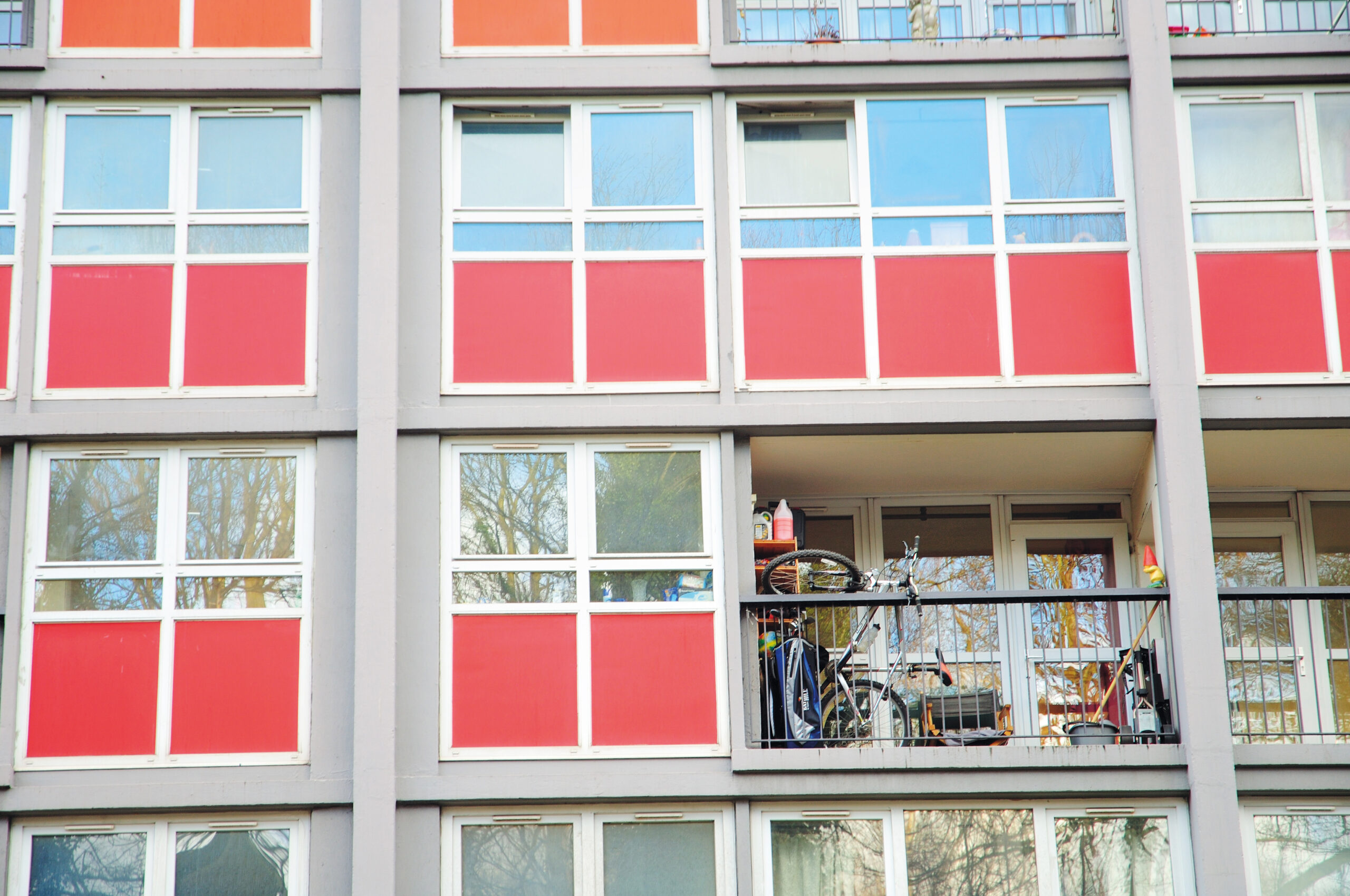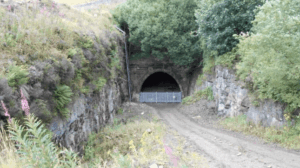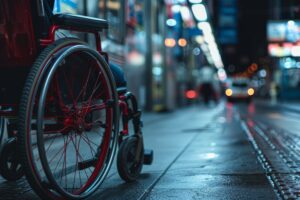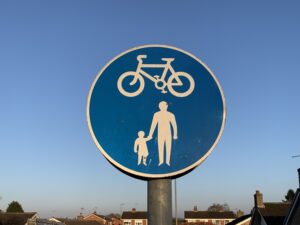Millions of people are excluded from cycling – and the benefits it brings – due to a lack of cycle parking, a new report reveals.
The study, published by active travel charity Sustrans, found those on a low income or not in employment are hardest hit – with almost a third (32%) lacking somewhere safe and accessible to secure their cycle at home.
Effectively, 3.7 million people who stand to benefit most from the health and economic benefits of cycling are locked out, fuelling social inequality and leaving people at risk of transport poverty as the costs of running a car and using public transport continue to rise.
The Residential Cycle Parking report, funded by Cyclehoop, reveals that 5.5 million people on a low income or not in employment would be likely to start cycling, or would cycle more, if they had access to a safe, secure and accessible place to park a cycle.
This is a particularly pressing issue for people living in flats, with only 23% saying they have an accessible place to store a cycle, compared to 58% of people who live in a detached house.
Disparities in access to cycle parking are even starker for many who are currently underrepresented in cycling.
While 32% of people on a low income or not in employment have no secure space to store a cycle at home, this rises to 39% of disabled people and those with a long-term health condition, 34% of women and 36% of people from an ethnic minority background.
Provision of residential cycle parking is a cost-effective solution that could not only tackle a significant barrier and help reduce inequality in cycling, but also boost prosperity, with cycling estimated to contribute £5.4 billion in economic benefits to the UK each year*.
Sustrans has issued a series of recommendations based on the findings of the report:
- Local authorities should increase residential parking provision, prioritising flats and areas of deprivation.
- Governments across the UK should put in place standards, investment and regulations to improve residential cycle parking.
- Governments and local authorities should work together to tackle other barriers to cycling for people on a low income or not in employment.
Xavier Brice, Sustrans Chief Executive, said: “Cycling is a low-cost form of transport that opens up employment and education opportunities, as well as boosting health and wellbeing. Yet, millions of people who would benefit most from cycling face a major barrier in having nowhere safe, secure and accessible to store a cycle.
“This doesn’t have to be the case. Relatively small and simple changes, such as providing somewhere secure to keep their cycles, could be transformational for people’s lives and our transport system.
“The new UK government has pledged to overhaul transport and tackle inequality. Active travel is at the heart of this – and ensuring no one is left behind is vital. This is a key opportunity to break down barriers to cycling and make sure the benefits are available for everyone.”
For Nicky, a lack of storage at home and in her area is a barrier to her getting a cycle of her own.
The retired nurse, who lives in Oldbury in the West Midlands, feels like she’s “missing out” when it comes to cycling because she is unable to join her daughter and husband on rides as her osteoarthritis means she needs an accessible place to park a cycle.
“With my condition, I struggle to walk long distances. With cycling, it’s not hard on your joints so I think having secure storage to get my own bike would open up a lot up for me,” says Nicky.
“I would consider getting storage on my drive at the front of my house – as long as it’s good quality, lockable and easy to get bikes in and out.
“Either that or street storage is really appealing, there’s so much space around here – it would benefit the rest of the community too.
“As well as ease – the security aspect of things is also important to me.”
Anthony Lau, Cyclehoop Founder and Design Director, said: “At Cyclehoop, we want everyone to have the chance to experience the joy of cycling. Identifying and understanding the barriers to cycling is the first step towards removing them.
“One of the biggest barriers is bike theft and the lack of secure parking, so providing easy access to secure cycle parkingis key to growing cycling. A world where anyone can hop on a cycle, get fit, save money, and have a blast. That’s the future we’re building.”
























